The Hart Museum remains closed. Los Angeles County has approved a plan to transfer the William S. Hart Museum and Park from the County to the City of Santa Clarita.
An Eagle (Scout) Eye on Nature
Hosting a Bioblitz is a great way to contribute to your community, as Bret Potter discovered when he organized his own Bioblitz with a little support from NHM.
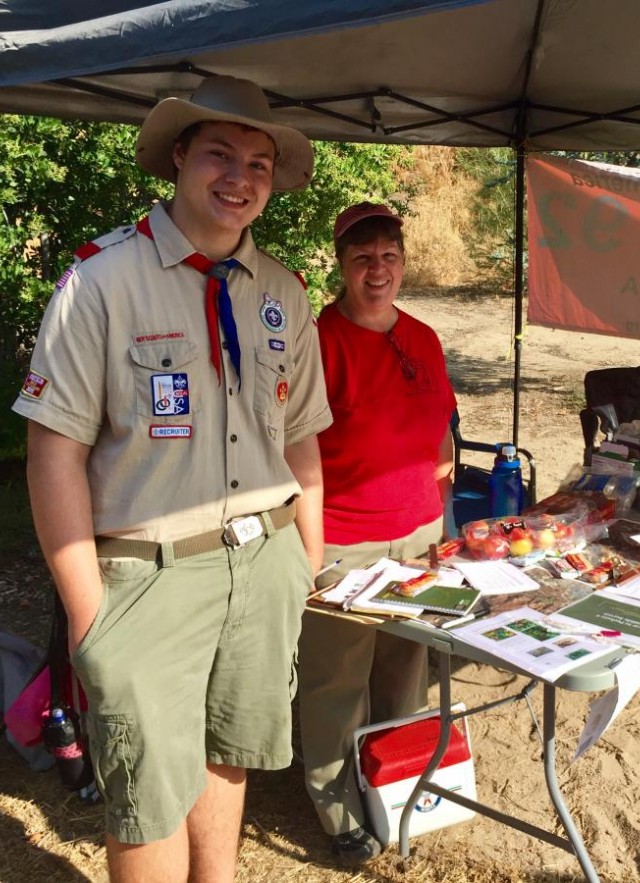
Published October 4, 2017
Guest author: Bret Potter
Hosting a Bioblitz is one great way to contribute to your community and also to scientific research, as Bret Potter discovered when he organized his own Bioblitz at O'Melveny Park in San Fernando with a little support from NHM. The 17-year-old prospective Eagle Scout describes his process here, as this week's guest blogger on Nature in L.A.
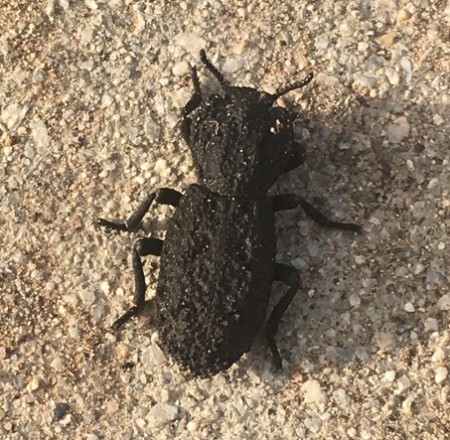
Who knew the diabolical ironclad beetle was a real thing? I didn’t before my Eagle Scout Project, which was a wildlife survey of O’Melveny Park in the San Fernando Valley. On September 9th, 2017, more than 40 people met at the second largest city park in Los Angeles (after Griffith Park!) to conduct a Bioblitz. Many of them hadn’t done something like this before but were soon intrigued and engaged by their task. How did it come about?
In the Boy Scouts, the highest rank is Eagle Scout. To earn it, a scout has to organize and lead a service project. In the Spring I went to the Natural History Museum of Los Angeles County and learned about a community science program called the SuperProject and how to use iNaturalist. On April 15th, my brother Reed and I attended a SuperProject Bioblitz at Hansen Dam. The event caused me to realize that I could do something similar for my Eagle Project. After talking with the community science program staff, I realized that the event would be possible. I was put in contact with Miguel Ordeñana as my museum mentor. So after my project received necessary approvals, I set to planning. I decided on O’Melveny Park as a location because of its variety of terrain from chaparral-covered hillsides to orchards to lawn-covered play areas. Before I knew it, it was the morning of the project.
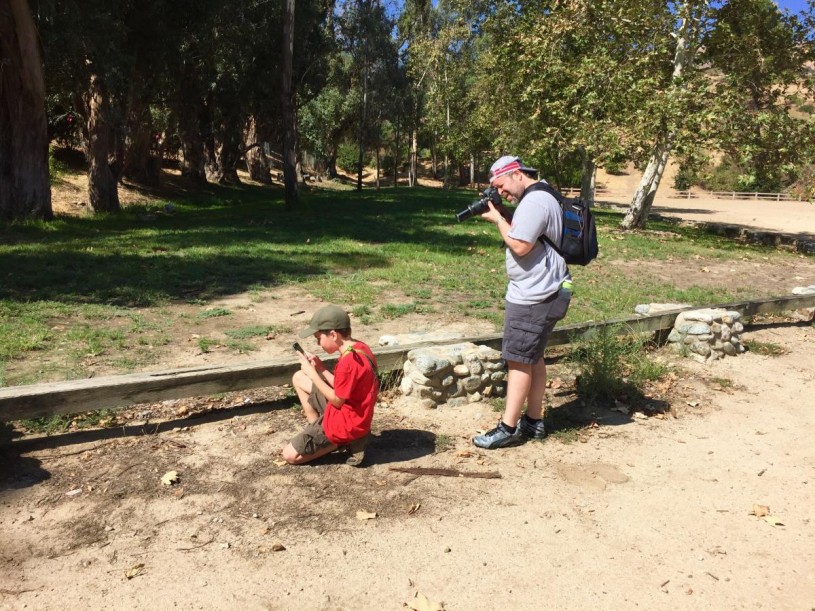
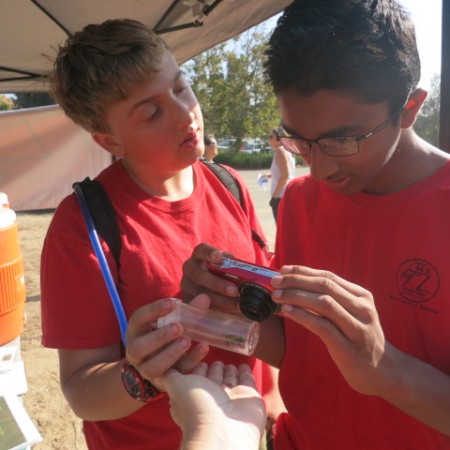
On the day of the project, 43 people from all walks of life, including museum scientists Lisa Gonzalez and Jan Kempf, gave their time to help with the Bioblitz. I had previously trained my scout troop on how to use iNaturalist and photograph wildlife, so they were ready to go. Other volunteers were taught as they arrived, and soon the park was filled with new naturalists taking photos. In addition to the volunteers, many hikers and park visitors were interested in the commotion and asked about our project. Many were intrigued and some even volunteered on the spot.
By the end of the project, more than 300 wildlife observations were made and uploaded to iNaturalist, plus an experienced birder provided a list of 36 birds seen that day. Fifty-eight species of animals have been identified so far, including the diabolical ironclad beetle. All in all, the project was a total success!
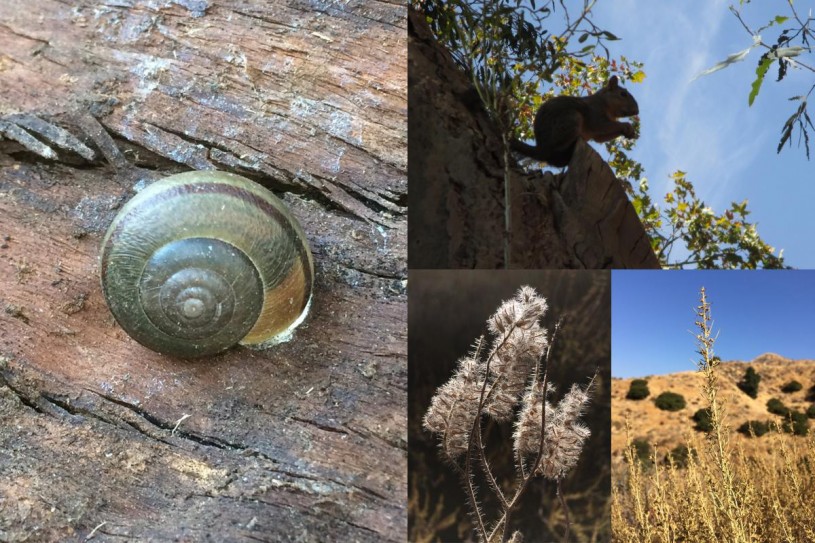
A big thank you to Bret Potter and the participants in his Bioblitz! Observations like theirs contribute to NHM scientists' research and help to fill a data gap in our L.A. Nature Map. Observations from Bret's Eagle Scout Project were added to some of our ongoing research projects, including: SLIME, RASCals, and the Southern California Squirrel Survey, and help our scientists to better understand the biodiversity of the Los Angeles area.